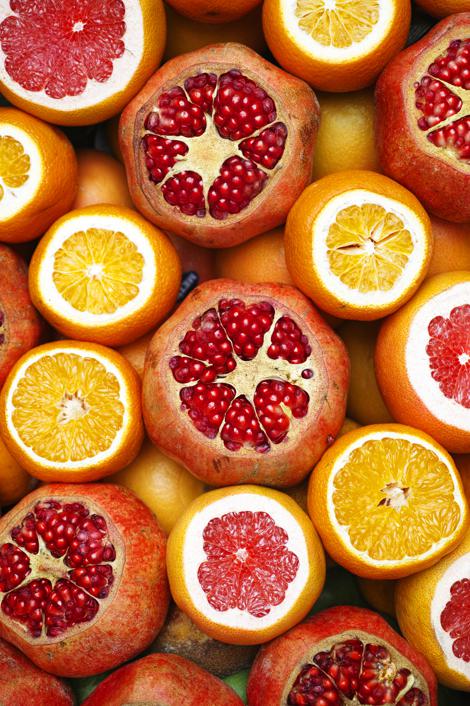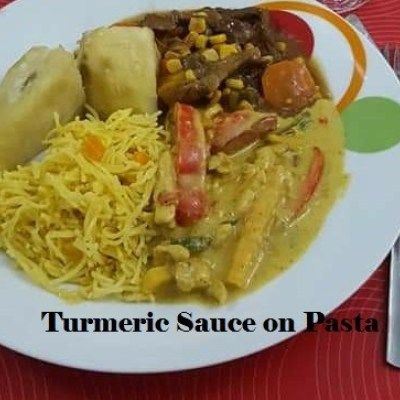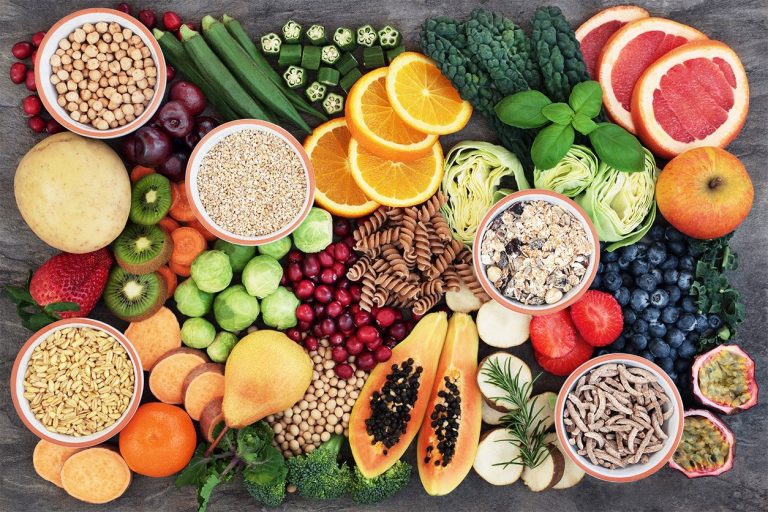Food Safety Practices: Ensuring The Freshness And Quality Of Your Meals
With the current pandemic, many of us have been spending more time in the kitchen, cooking meals for our family. As we all strive to eat healthier and fresher meals, it is essential to understand food safety practices to ensure we are consuming the highest quality and freshest food.
In this blog, we will discuss the importance of food safety practices and how to ensure the freshness and quality of your meals.
Benefits of food safety practices
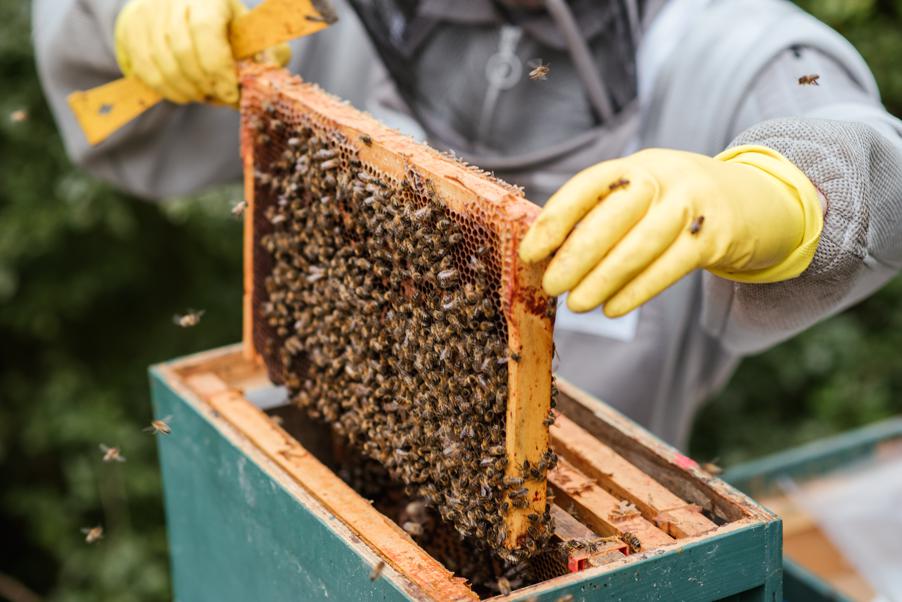
Food safety practices are essential for ensuring the freshness and quality of your meals. Good food safety practices help to prevent food-borne illnesses, reduce waste, and ensure the safety of your food.
These practices include proper food storage, proper food handling, and proper food preparation. It is also important to follow food safety guidelines when purchasing and preparing food.
Following these practices can help to ensure that your meals are safe, delicious, and nutritious.
Common food safety practices
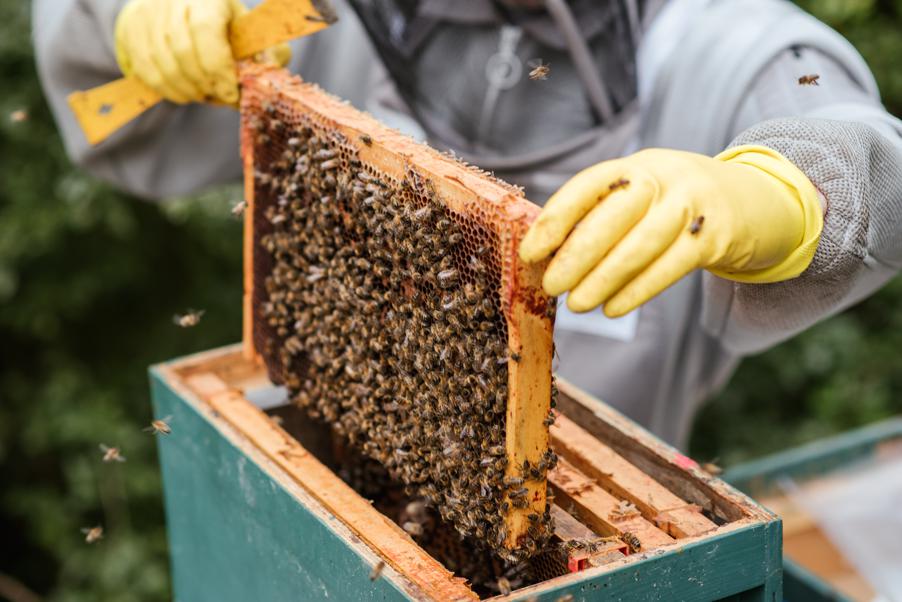
Food safety practices are essential for ensuring the freshness and quality of your meals. By taking the time to properly prepare, store, cook, and serve your food, you can help reduce the risk of foodborne illness.
There are a few key practices you can follow to help keep your meals safe and delicious. Firstly, keep raw meats and cooked foods separate and always use a food thermometer to make sure that cooked foods reach the proper internal temperature. Secondly, wash and sanitize your hands, surfaces, and utensils often and store food in a refrigerator or freezer as soon as possible.
Lastly, be sure to follow the expiration dates on all food items, as expired food can easily become spoiled or contaminated. By following these simple food safety practices, you can ensure the freshness and quality of your meals.
Food safety practices for specific types of food
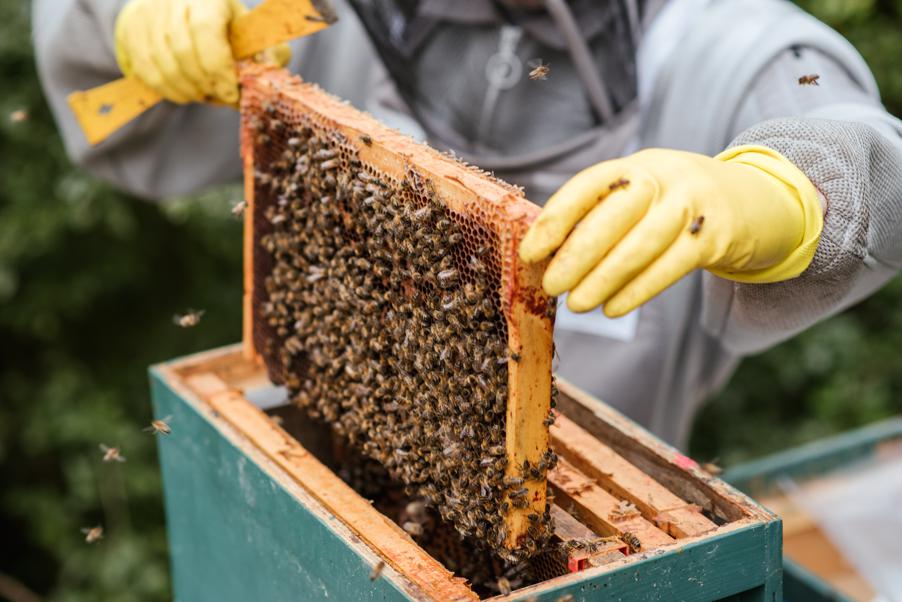
When it comes to food safety practices, ensuring the freshness and quality of your meals is of utmost importance. Depending on the type of food you are preparing, there are various steps you can take to ensure your food stays safe and delicious.
Additionally, storing food in airtight containers and avoiding cross-contamination between raw and cooked items can help to reduce the risk of food-borne illnesses. When it comes to produce, it is important to wash it thoroughly before consuming and to discard any items that show signs of spoilage.
By taking the right food safety precautions, you can ensure that your meals are always safe and enjoyable.
Tips to ensure maximum food safety
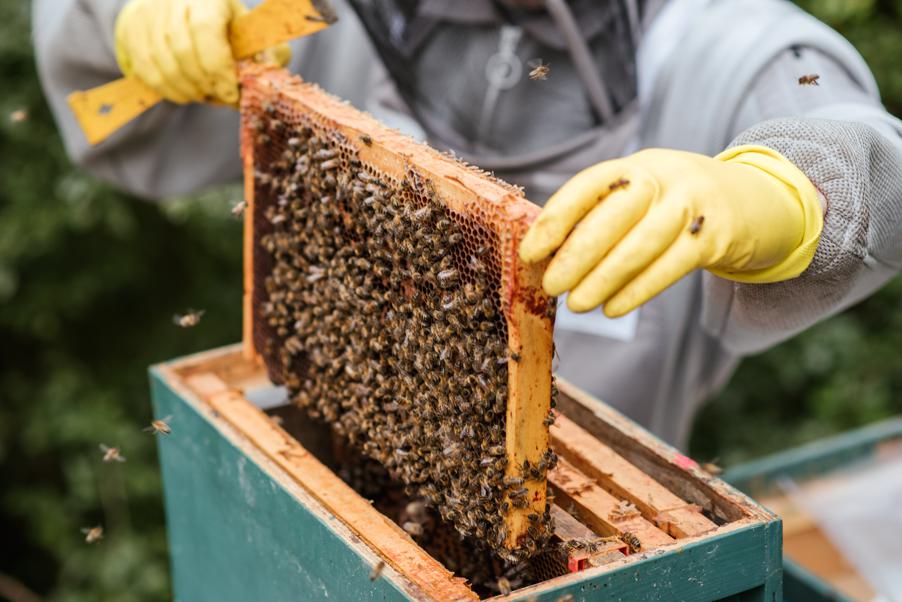
Food safety is essential for any home cook. Ensuring the freshness and quality of your meals means that you can enjoy your meals with peace of mind. Here are some tips to help ensure maximum food safety in your kitchen:• Check the temperature of your refrigerator regularly.
Make sure it’s set to 40°F or below and that any leftovers are stored in airtight containers. • When shopping for food, make sure to buy from reliable sources and check expiration dates.
• Always wash your hands before and after handling food. • Make sure to use separate cutting boards for raw meats, poultry, fish, and vegetables.
• Cook food thoroughly and use a food thermometer to check the internal temperature of your food. • Refrigerate leftovers as soon as possible and discard any food that has been left out for more than two hours. • Never reuse marinade or sauces that have come in contact with raw meat, poultry, fish, or eggs.
By following these food safety practices, you can ensure that your meals are fresh and safe to eat. Enjoy your meals with peace of mind!
Challenges and solutions for food safety practices

Food safety practices are essential to ensure the freshness and quality of your meals. As a home chef, it can be difficult to maintain these standards, but it is important to do so.
From proper food storage and preparation to cooking techniques, there are many challenges that must be addressed to ensure that your meals are safe and delicious. Fortunately, there are a variety of solutions that can help you to achieve a safe and tasty meal. From storing food in the refrigerator and freezer appropriately to using the right cooking techniques, you can make sure that your food is safe and of the highest quality.
Additionally, investing in proper food safety tools such as thermometers and cutting boards can help you to ensure that your meals are not only safe, but also delicious. With the right measures, you can be sure that your meals are fresh and of the highest quality.
Bottom Line
In conclusion, food safety practices are essential for maintaining the freshness and quality of your meals. To ensure that your food is safe to eat, it is important to follow proper food handling and preparation practices. This includes washing your hands and surfaces before and after handling food, storing foods at the right temperature, and using clean, sanitized utensils.
This includes washing your hands and surfaces before and after handling food, storing foods at the right temperature, and using clean, sanitized utensils. By following these practices, you can ensure that your meals are of the highest quality and safe to eat.



